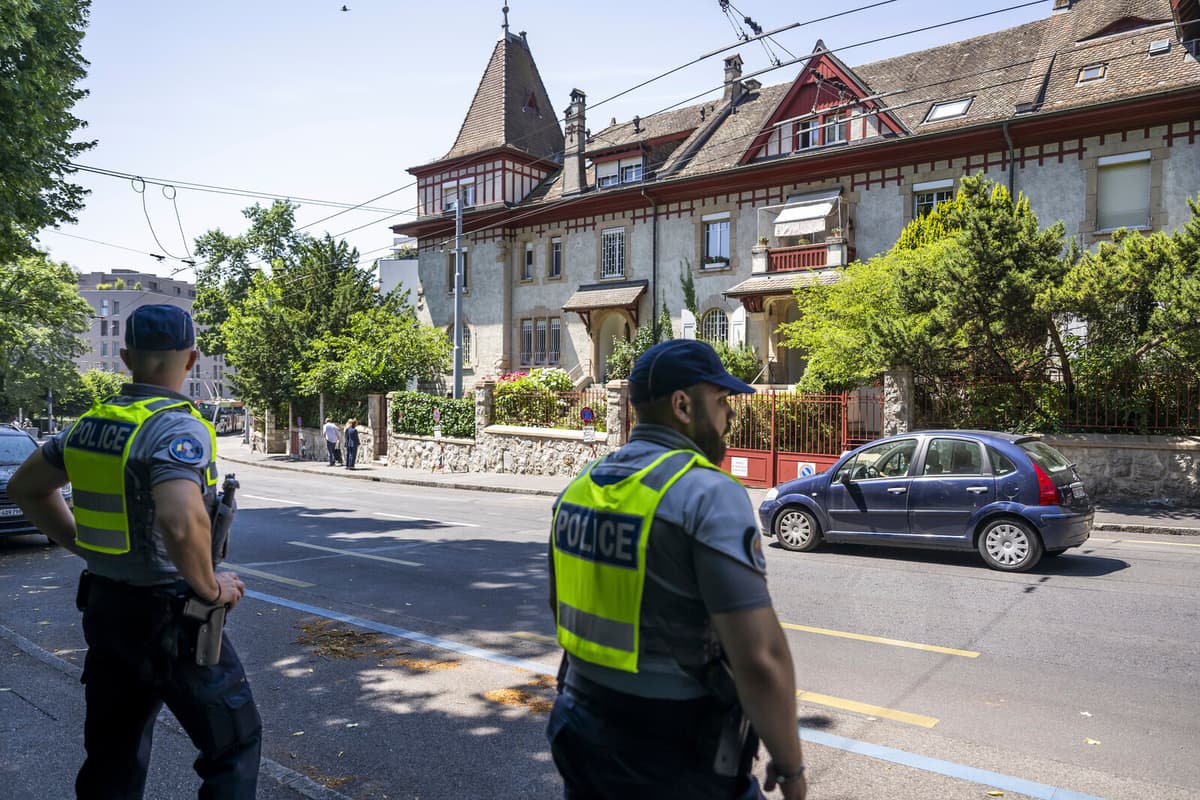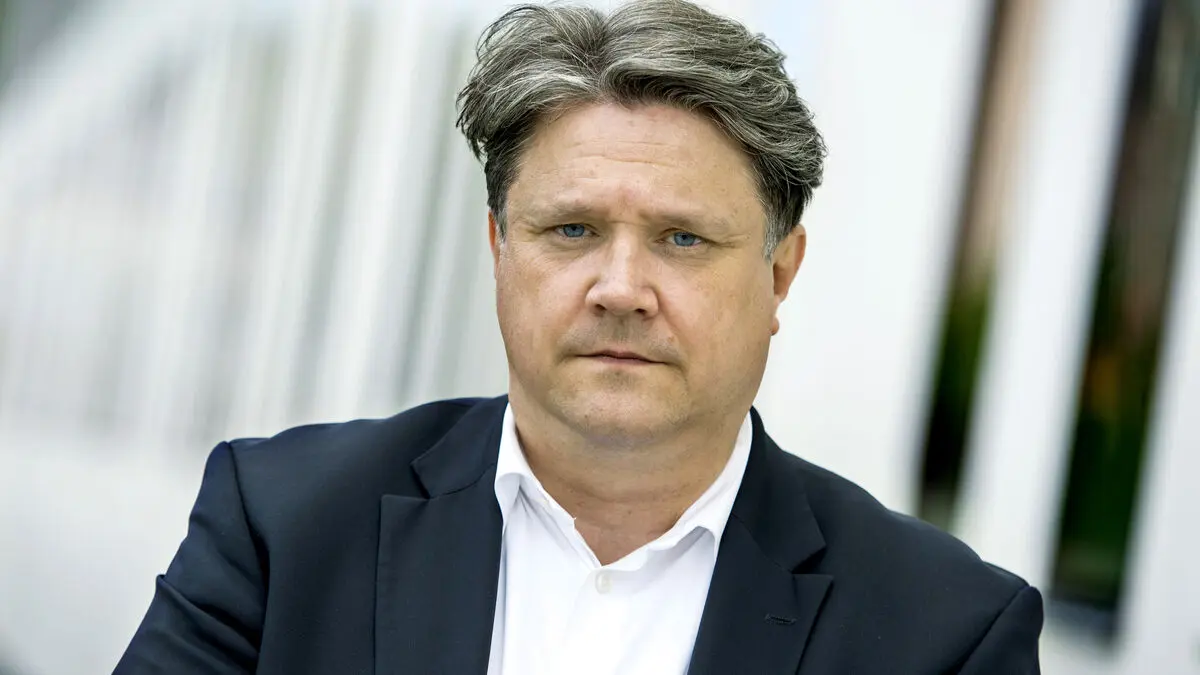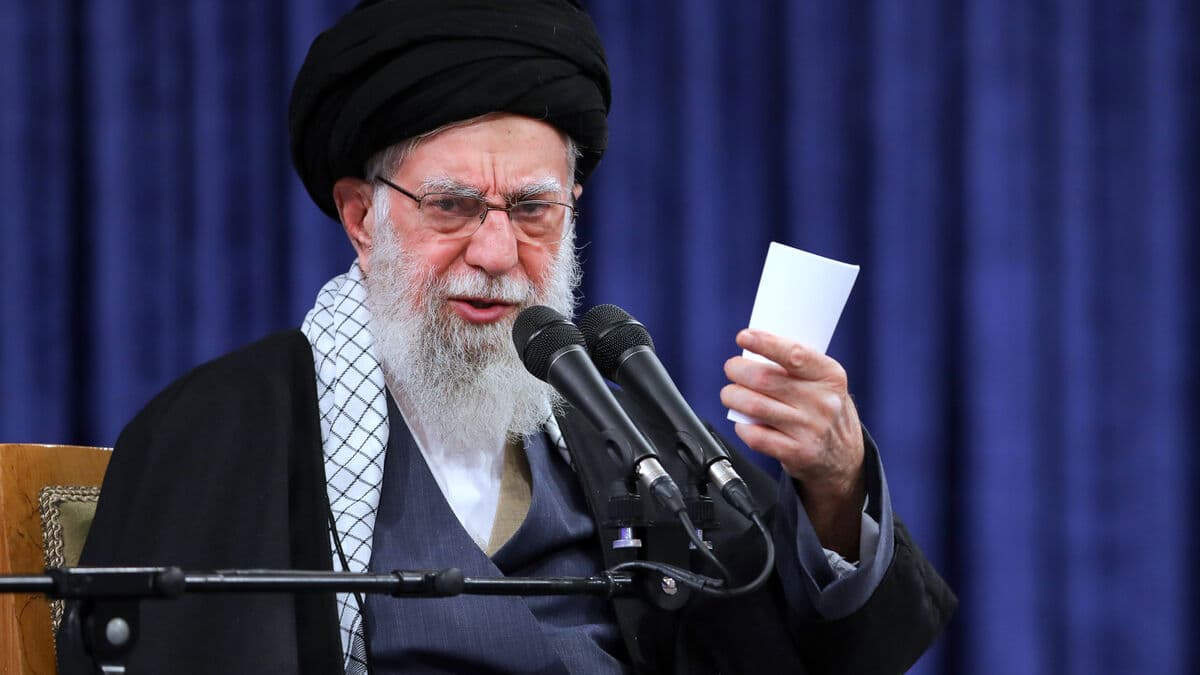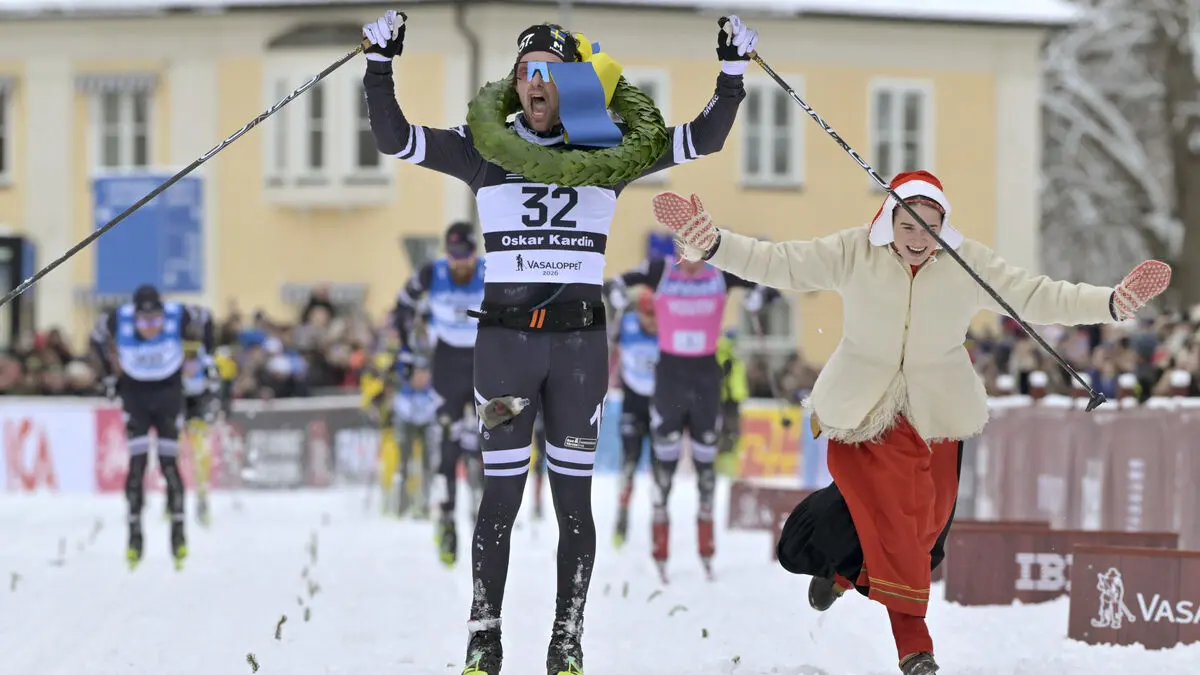No breakthroughs were reported after the talks in Switzerland, despite the deadline for an agreement being set for the end of August. The date was set by the United Kingdom, France, and Germany.
If no agreement is reached by then, the three countries threaten to reintroduce the UN sanctions against Iran that were lifted in connection with the previous nuclear energy agreement from 2015, JCPOA.
Continued talks
Kazem Gharibabad, deputy Iranian foreign minister, represented the country in Tuesday's talks. After the meeting, he wrote on X that it is "high time" for the three European countries to "make the right choice and give diplomacy time and space".
The spokesperson for Iran's Foreign Ministry, Esmaeil Baqaei, said in Iranian state TV after the meeting that new talks "will be held in the coming days".
The Geneva meeting was held in the light of growing European and American concern over Iran's nuclear energy program - not least since Tehran cut ties with the UN's atomic energy agency (IAEA) after the 12-day war between Iran and Israel in June.
Zero insight
The interruption means that the outside world has almost zero insight into Iran's uranium enrichment. Before the war, the IAEA estimated that Iran has around 400 kilograms of uranium enriched up to 60 percent. For the uranium to be used in weapons, it must reach an enrichment level of 90 percent, which is only a few technical steps away.
President Donald Trump chose to completely leave the nuclear energy agreement from 2015 during his first term, which caused the agreement to fail. Iran claims, however, that it does not intend to acquire nuclear weapons.






